A draft proposal for a new sales incentive scheme has been agreed between all manufacturers and retailers, Society of Motor Manufacturers and Traders CEO Mike Hawes has revealed, but it remains uncertain if it will be put to the government, let alone implemented.
Until now, Hawes and the wider car industry have been reluctant to openly discuss any incentive scheme, concerned it could cause would-be buyers to pause their purchases. But even then, weekly polling of more than 6000 visitors to Autocar sibling brand What Car?’s website has consistently revealed around a third were waiting in expectation of one.
While some have reported that the government has ruled out a scheme, the Department for Business, Energy and Industrial Strategy has been careful to leave the door ajar, stating: “We have no current plans to change the existing incentives or to introduce a scrappage scheme.”
Hawes declined to go into details of the draft proposals, but he made clear that there’s no chance of them being reviewed until the end of September at the earliest. “It’s a huge month for the industry, and the government quite rightly wants to know what level demand truly is at,” he said during the inaugural Autocar Business Live webinar last week. “Even then, the truer economic picture isn’t likely to become clear until the fourth quarter [of 2020]. So if anyone wants a new car, I wouldn’t be waiting in hope. Having a proposal ready and agreed is just good practice; it doesn’t mean it will be required.”
That view was echoed by James Brierley, CEO of Inchcape, the sixth-largest car retailing group in the UK. “Sales have been strong in the past month and the pipeline looks good,” he said. “This is a market dominated by lease renewals, which come around regardless of the pandemic, and it’s clear from our sales data that some buyers are actually willing to spend more, having saved during lockdown. “Used car sales are also strong, and while fleets are holding off renewals, that could be seen as another reason to be positive for the future.
“If you ask me if the car industry deserves support, then the answer is emphatically yes. The income car sales and maintenance work generates for the country is self-evident. If the industry needs help, then there’s no question that it should be given. But for now, I remain very positive about the opportunities ahead for at least the next six months.”
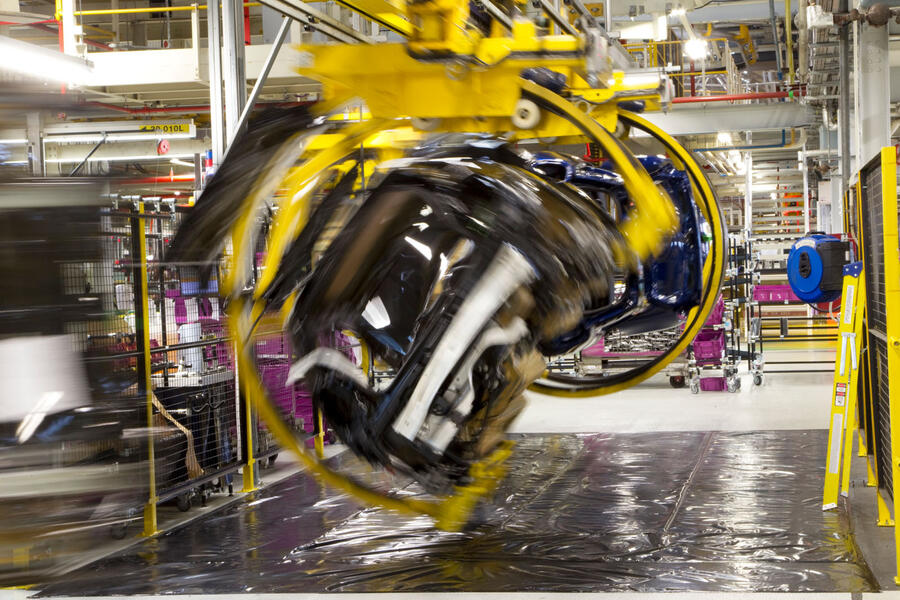
Data from What Car?’s mystery shopping team, which establishes and guarantees a Target Price for anyone buying a car through whatcar.com, reveals a similar, if fluctuating, story depending on what type of car is being bought. Certainly in some sectors, discounts are higher than they have been for years, driven by manufacturers’ eagerness to turn excess stock into cash.

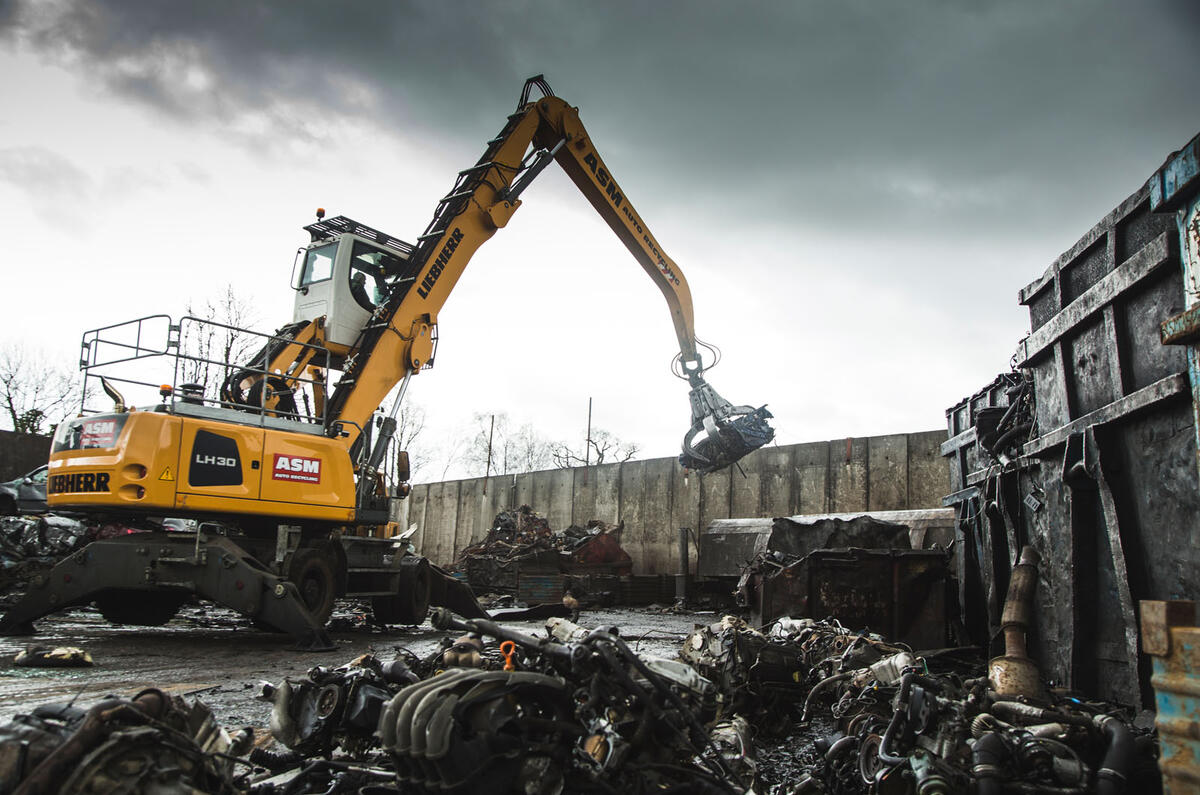
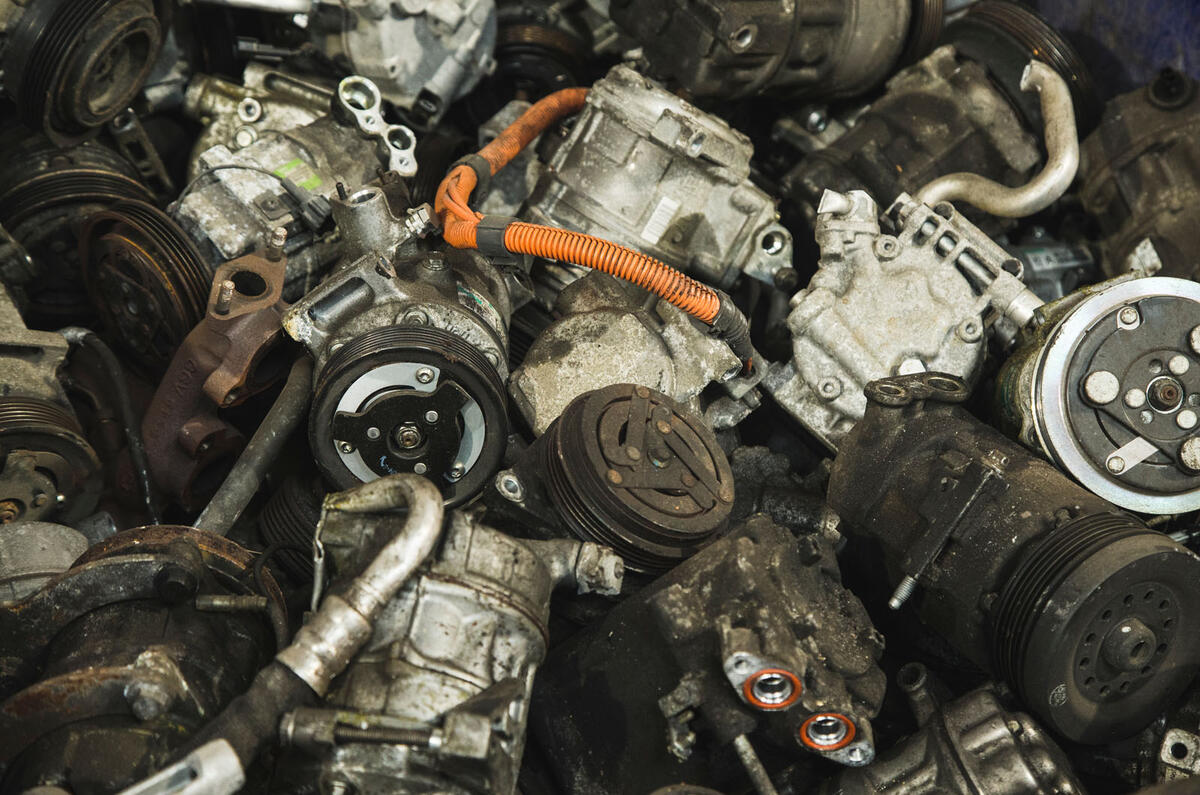

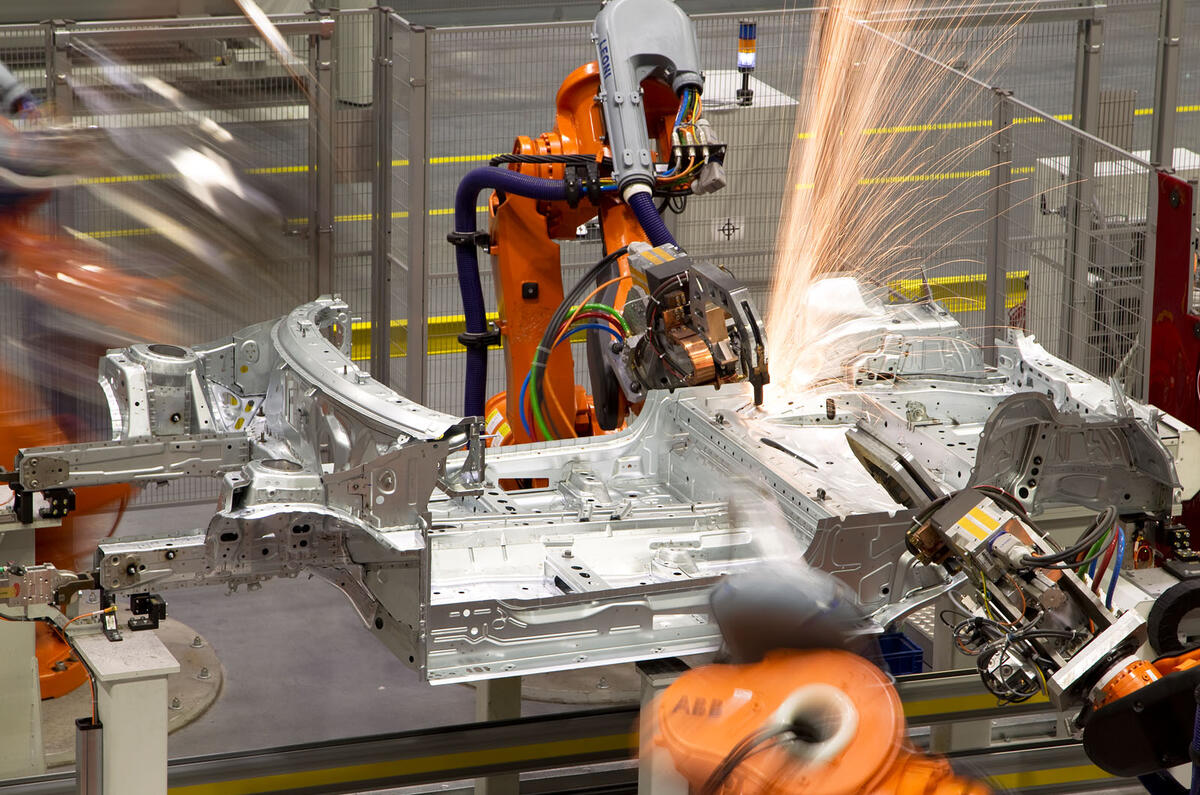
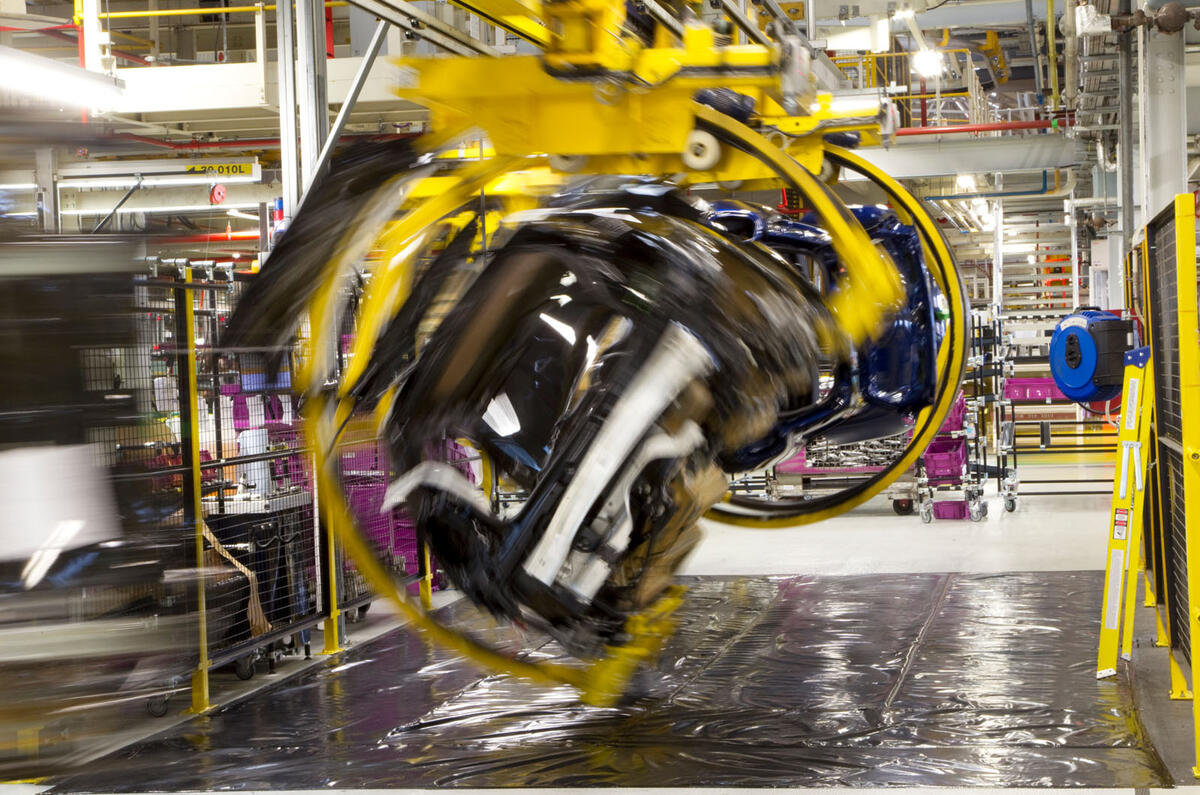








Join the debate
Add your comment
If car companies can offer
If car companies can offer dealer incentives to increase sales or offer discounts on fleet sales or to car brokers then use this to fund the scrappage deals they all want. Wait till January when the WTO 10% increase comes into force that will hit the market even more.
The Scheme must be Targeted
It should only apply to cars made in the UK. =
Mixed messages
It might be time to scrap the motoring industry because although I pay my motoring taxation the local and national control cars and where and when you can use them so I suggest that the local and national governments get together and work out what they want to do with regards to vehicles, because I ain't buying any vehicles after the one I currently own and I don't expect to support people who are. I don't owe the car industry anything or see why they are special and need to be perpetuated and specially supported when the vibes I get from local and national seem to be telling me otherwise.